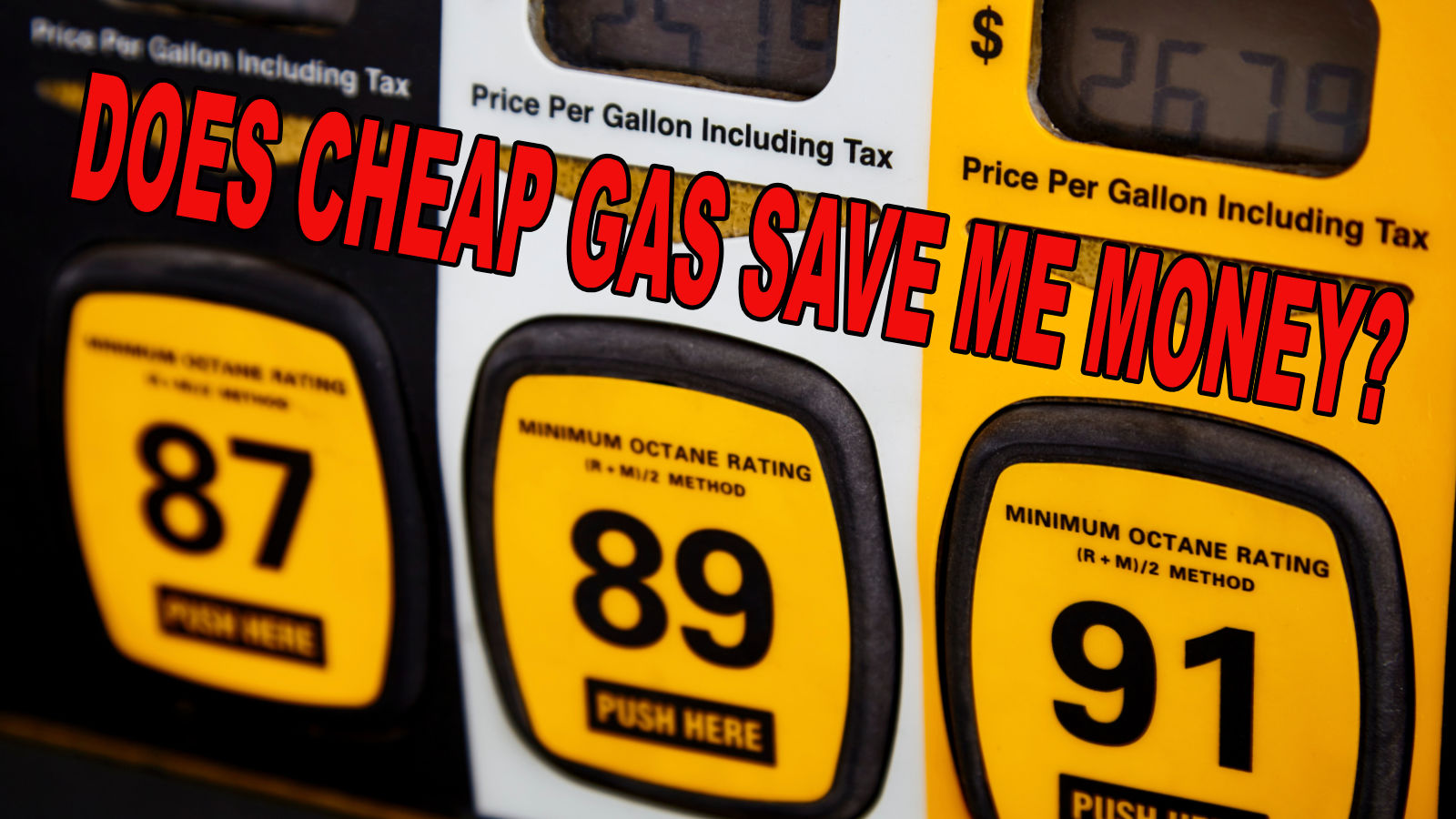The Myth of Saving Money with Lower-Octane Fuel
Many car owners believe that using a lower-octane gasoline, like 87 octane, can save them money. While this may seem logical at first glance, it’s a misconception that can lead to significant problems for your vehicle.
Understanding Octane Ratings
Octane rating measures a fuel’s resistance to detonation or knocking, which is a harmful engine condition. Higher-octane fuels are designed to prevent this issue, especially in engines with higher compression ratios.
The Risks of Using Lower-Octane Fuel
When you use lower-octane fuel in a car that requires a higher octane, you risk:
- Engine Knocking or Pinging: This occurs when the fuel-air mixture in the cylinder ignites prematurely, causing a sharp metallic sound. Over time, this can damage engine components like pistons, valves, and spark plugs.
- Reduced Engine Performance: Lower-octane fuel can lead to decreased engine power, slower acceleration, and lower fuel efficiency.
- Increased Emissions: Knocking can increase harmful emissions, contributing to air pollution.
The Cost of Neglect
While the initial savings from using lower-octane fuel may seem appealing, the potential repair costs can far outweigh any short-term benefits. Repairing engine damage caused by knocking can be expensive, often ranging from hundreds to thousands of dollars.
The Bottom Line
Using the correct octane fuel is essential for maintaining your vehicle’s performance and longevity. While it may cost a bit more upfront, it’s a wise investment that can save you money in the long run. By avoiding costly repairs and ensuring optimal engine performance, you’ll be able to enjoy reliable transportation and peace of mind.
Remember, a few extra dollars spent on the right fuel can save you hundreds, if not thousands, in potential repair costs.


One response to “Don’t Skimp on Gas: Why Lower-Octane Fuel Can Cost You More”
Hi, this is a comment.
To get started with moderating, editing, and deleting comments, please visit the Comments screen in the dashboard.
Commenter avatars come from Gravatar.